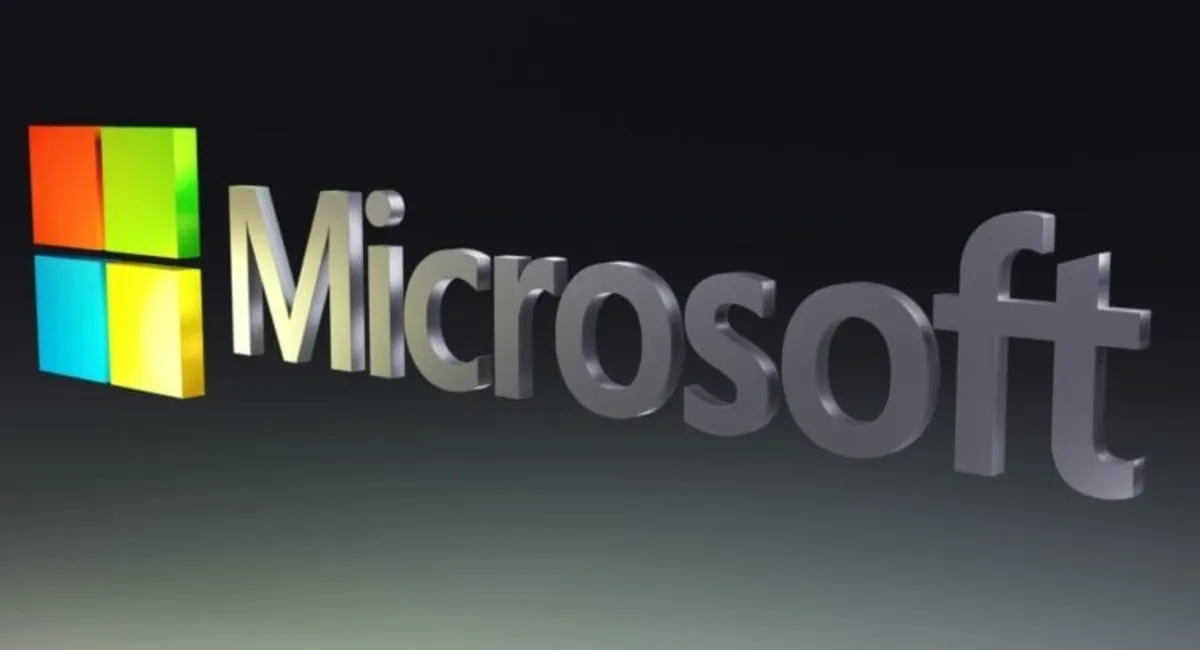
In a significant move to bolster its position in the artificial intelligence (AI) landscape, Microsoft (MSFT) has begun testing its proprietary AI models, aiming to reduce dependency on its partner, OpenAI. The tech giant has introduced two innovative AI models under the Microsoft Artificial Intelligence (MAI) brand: MAI-Voice-1 and MAI-1-preview. This announcement was made by Microsoft AI CEO Mustafa Suleyman via an X post yesterday, signaling a new era for Microsoft’s AI initiatives.
The MAI-Voice-1 model is a state-of-the-art speech-generation system capable of producing audio content lasting approximately one minute in under one second. This impressive feature makes it a valuable tool for various applications, enhancing user experience and interactivity. On the other hand, the MAI-1-preview model is a text-based system designed to engage in conversations by efficiently following instructions and responding to common inquiries.
Notably, the MAI-1-preview model marks a pivotal step for Microsoft as it represents the company's first language model developed entirely in-house, without any input from OpenAI. Trained on around 15,000 Nvidia (NVDA) H100 Graphics Processing Units (GPUs), this model is now available for public testing on the LMArena platform. Its cost-effectiveness is a significant advantage, particularly when compared to competitors like xAI’s Grok, which was trained using more than 100,000 GPUs.
Microsoft has already integrated the MAI-Voice-1 model into several of its products, including Copilot Daily, where it narrates daily news stories and hosts podcasts. Additionally, it is accessible for testing on Microsoft’s Copilot Labs. Through these developments, Microsoft is shifting its focus towards consumer-oriented AI, aiming to create accessible and expressive AI companions for everyday users.
Historically, Microsoft has invested up to $13 billion in OpenAI and relied heavily on the startup for its AI models. However, recent tensions have emerged, particularly surrounding OpenAI’s transition to a public entity, Microsoft’s equity terms, and cloud exclusivity issues. These factors have compelled Microsoft to enhance its own AI capabilities and reduce its reliance on external partners. Suleyman has emphasized the critical need for developing in-house expertise to create the most robust AI models available.
As for Microsoft’s stock performance, MSFT currently holds a Strong Buy consensus rating on TipRanks, supported by 33 Buy ratings and one Hold rating. The average price target for Microsoft stock is set at $624.08, indicating a potential upside of 22.5% from current levels. So far this year, MSFT stock has surged by 21.6%, reflecting strong investor confidence in the company's strategic direction and AI advancements.
For investors looking to navigate the evolving landscape of technology and AI, Microsoft’s latest moves underline its commitment to innovation and independence in the AI sector.